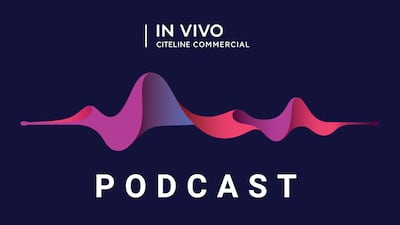It’s official. In the horse race to develop follow-on biologics, there are two companies vying for the pole position: Teva Pharmaceutical Industries Ltd. and Merck & Co. Inc. Even as other pharmaceutical companies weigh the merits of building FOB capabilities, these two companies are demonstrating their commitment not just with words but with cold, hard cash. In January, the Israeli drugmaker dramatically increased its own FOB manufacturing capacity when it signed a partnership with the Swiss contract manufacturing group Lonza to develop, manufacture and market "generic equivalents" of selected biological products. [See Deal] Merck quickly followed suit, announcing in mid-February its intent to buy the entire follow-on biologics platform developed by Richmond, VA-based Insmed Inc. for $130 million. [See Deal]
The recent deal activity shows that despite the concerted effort both companies have already made to add to their capabilities...
Read the full article – start your free trial today!
Join thousands of industry professionals who rely on In Vivo for daily insights
- Start your 7-day free trial
- Explore trusted news, analysis, and insights
- Access comprehensive global coverage
- Enjoy instant access – no credit card required
Already a subscriber?







